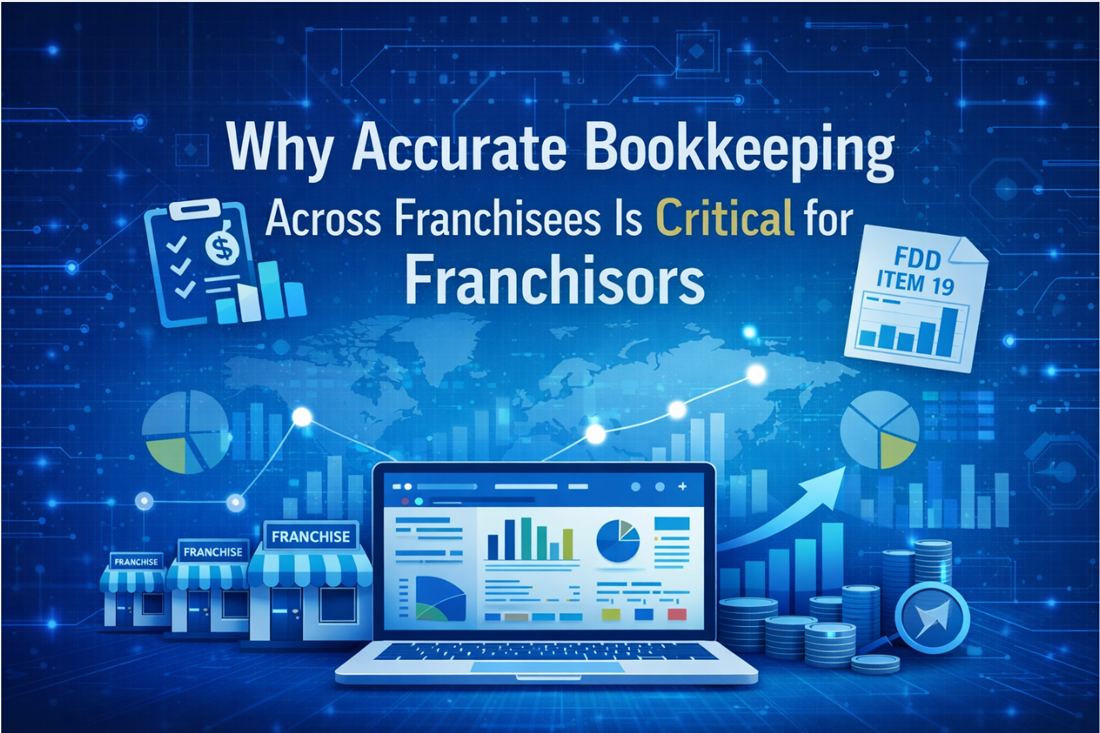The FAFSA Small Business Exclusion is back. Starting with the 2026–2027 FAFSA (available October 2025), qualifying family-owned businesses, farms, and fishing operations are excluded from asset reporting. This means the value of your business does not increase your Student Aid Index (SAI).
What Is the FAFSA Small Business Exclusion?
The FAFSA Small Business Exclusion allows certain family businesses to be ignored when calculating financial aid. Families do not have to report the net worth of a qualifying business on the FAFSA. This can lower the SAI and increase eligibility for grants, loans, and work-study.
Who Qualifies for the Small Business Exclusion
To qualify:
- The business must be family-owned and family-controlled.
- Family members must hold more than 50% of the voting rights.
- The business must have 100 or fewer full-time employees (measured in full-time equivalents).
- Applies to family farms where the family lives, and to family commercial fishing operations.
If your business meets these conditions, its value will not be reported as an asset on FAFSA.
What Still Counts on the FAFSA
The Small Business Exclusion does not erase income. Families must still report:
- Business income (profit, distributions, salaries).
- Other assets like savings, investments, or property not covered by the exclusion.
- Any business with more than 100 employees or outside family control.
Example of the FAFSA Small Business Exclusion
A family owns a bakery valued at $600,000 with 25 full-time employees. Before the exclusion, that $600,000 counted as an asset. It raised their SAI and lowered aid. With the exclusion restored in 2026–2027, the $600,000 is ignored. Their aid eligibility improves.
Importance of the FAFSA Small Business Exclusion
- Levels the field for small business families.
- Prevents the value of a family business from unfairly reducing student aid.
- Increases access to Pell Grants and other federal aid programs.
What Families Should Do Now
- Check eligibility: Is your business family-owned? Under 100 employees? Family-controlled?
- Prepare documents: Proof of ownership, employee counts, and tax filings.
- Plan for October 2025: Complete the FAFSA correctly for the 2026–2027 school year.
- Ask questions early: Contact financial aid offices if rules are unclear.
FAFSA Small Business Exclusion FAQ
What is FAFSA? The Free Application for Federal Student Aid (FAFSA) is the form used by the U.S. Department of Education to determine a student’s eligibility for federal grants, loans, and work-study programs. Colleges and states also use FAFSA data to award their own aid.
Who does FAFSA apply to?
FAFSA is for students applying for financial aid. If you’re a small business owner, it only matters if your child or dependent is applying to college and needs aid.
Does the Small Business Exclusion remove all business reporting?
No. Families must still report income from the business on the FAFSA. Only the net worth of a qualifying business can be excluded.
What size business qualifies?
100 or fewer full-time employees (measured in full-time equivalents).
Does the business need to be family-owned?
Yes. More than 50% of voting rights must be held by family members.
When does this change start?
The 2026–2027 FAFSA, which opens in October 2025.
Does the Small Business Exclusion cover farms and fishing businesses?
Yes. It applies to family farms where the family lives and to family-owned fishing operations.
What if my business has more than 100 employees?
It does not qualify for the exclusion. In that case, the business’s net worth must be reported as an asset.
Does this affect Pell Grant eligibility?
Yes. By lowering the Student Aid Index (SAI), the exclusion can make a student more likely to qualify for Pell Grants or larger awards.
Does this mean my student will automatically get more aid?
Not automatically. Aid eligibility depends on total income, other family assets, and each school’s cost of attendance. The exclusion can help, but it doesn’t guarantee a specific award.
Bottom Line
The FAFSA Small Business Exclusion is restored for the 2026–2027 award year. If your family owns a qualifying small business, farm, or fishing operation, its net worth is no longer counted as an asset. Income still counts, but this change could increase your financial aid.
Learn More About How Small Businesses Can Save on Taxes
Financial aid is only one piece of the puzzle when it comes to planning for your family’s future. Tax strategy plays a major role in how much money your business keeps at the end of the year—and that directly affects what resources are available for education and growth.
See our breakdown of 5 key strategies to maximize savings for tax hacks that help both your family and your business.









